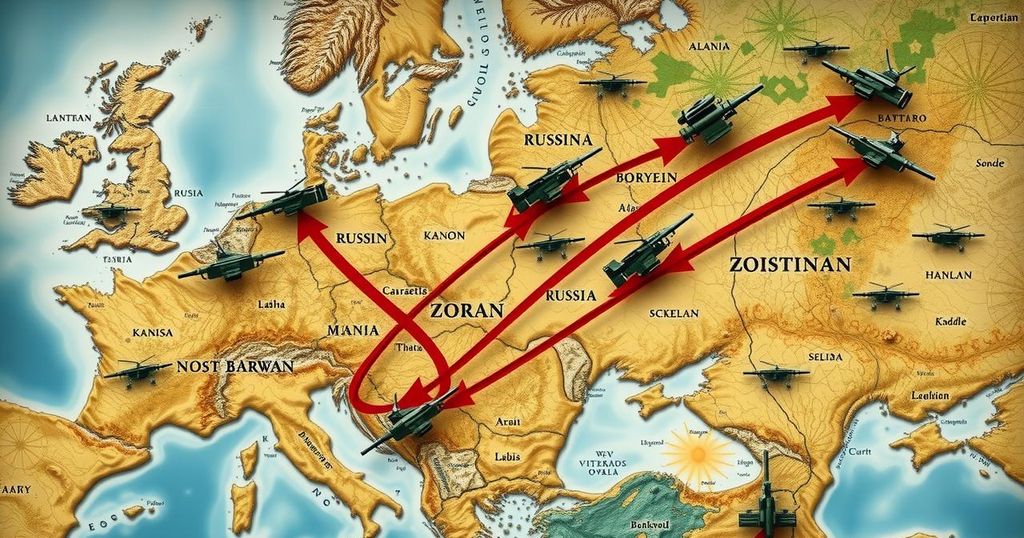North Korea Prepares to Send More Troops to Russia Amid Heavy Casualties

South Korea suspects North Korea is sending more troops to Russia following heavy casualties in Ukraine. Military collaboration with Russia raises alarm over enhanced North Korean nuclear capabilities. Trump’s potential return to the White House could impact U.S.-North Korea relations, while South Korea stresses the need for denuclearization efforts.
South Korea’s military has expressed concerns that North Korea is preparing to send more soldiers to Russia due to losses sustained by its troops in the ongoing Ukraine war. The South Korean Joint Chiefs of Staff reported that North Korea is also advancing plans to test-fire intercontinental ballistic missiles aimed at the United States.
Analysts suggest that the potential return of former President Donald Trump to the White House might create opportunities for renewed diplomatic engagement between the U.S. and North Korea. Trump’s previous interactions with Kim Jong Un could lead to new negotiations, particularly as North Korea’s military cooperation with Russia increases, possibly providing leverage over future talks.
According to intelligence reports, North Korea has supplied considerable artillery to Russia and previously sent around 10,000-12,000 troops last October. Concerns have arisen that Russia may, in return, provide advanced weapon technologies that could further bolster North Korea’s nuclear capabilities.
Despite North Korean soldiers being deemed well-disciplined, their limited combat experience has made them vulnerable, with a reported 300 deaths and 2,700 injuries among their ranks. Ukrainian President Zelenskyy indicated that approximately 4,000 North Korean soldiers could have been affected, although U.S. estimates are lower.
The South Korean military has indicated that North Korea is expediting troop deployments without disclosing how they arrived at this conclusion. Increased collaboration between North Korea and Russia might embolden Kim Jong Un in his negotiations with the U.S., alongside the potential for a tougher anti-U.S. stance.
After previous negotiations faltered, Kim has accelerated arms testing aimed at enhancing his nuclear arsenal. Concerns exist within South Korea that Trump, if reelected, may prioritize curbing North Korea’s long-range missiles over complete denuclearization, thereby leaving the nuclear threat against South Korea intact.
Trump characterized Kim as clever and expressed intentions to reconnect with him, adding to anxiety in South Korea regarding how he frames North Korea’s nuclear status. During an Oval Office appearance, he acknowledged North Korea as a nuclear power, a statement that has been controversial given the longstanding U.S. policy of non-recognition of North Korea’s nuclear capabilities.
The South Korean Defense and Foreign Ministries continue to stress the importance of denuclearization talks with North Korea to ensure lasting peace in the region. North Korea has not publicly reacted to Trump’s comments, and a recent state media report did not mention any foreign policy discussions, including U.S.-North Korea relations.
The report highlights that North Korea may escalate military support to Russia amid rising casualties of its troops in Ukraine. Diplomatic prospects with the U.S. could evolve with Donald Trump’s potential return to office. Existing concerns about North Korea’s nuclear ambitions and its military cooperation with Russia underscore the need for continued negotiations, even as regional dynamics shift in response to changing U.S. foreign policy.
Original Source: www.nbcnews.com







